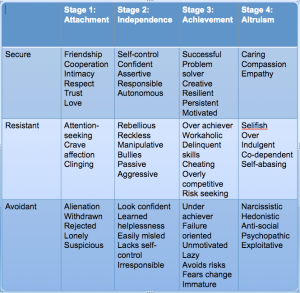Last week Jo and Kathy attended an Education Endowment Fund conference in London looking at examples of best practice in terms of utilising teaching assistants. You may remember the EEF published information stating that the impact of TAs was low in comparison to other initiatives. This was widely misinterpreted and taken personally by many in the TA profession. However if you actually read the research it is very clear that TAs can have a massive impact on outcomes for learners. It’s actually about leaders making sure they recruit the right people, they deploy them in ways that work and they continue to train them appropriately.
https://twitter.com/maximisingTAs
Making Best Use of Teaching Assistants Conference
Education Endowment Foundation
Here are Jo’s notes
Attended on 23rd July at the Institute of Education.
Evidence-based guidance on the effective use of TAs under everyday classroom conditions
Recommendations:
TAs should not be used as an informal teaching resource for low-attaining pupils
Use TAs to add value to what teachers do, not replace them
Use TAs to help pupils develop independent learning skills and manage their own learning
Ensure TAs are fully prepared for their role in the classroom
Recommendations on the use of Teaching Assistants in delivering structured interventions out of class
Use TAs to deliver high-quality one-to-one and small group support using structured interventions
Adopt evidence-based interventions to support TAs in their small group and one-to-one instruction
Recommendations on linking learning from work led by Teachers and TAs
Ensure explicit connections are made between learning from everyday classroom teaching and structured interventions
The full Guidance Report can be found on www.educationendowmentfoundation.org.uk






